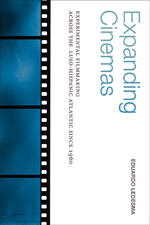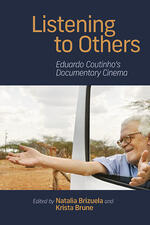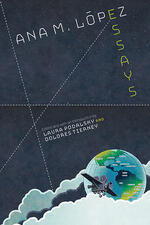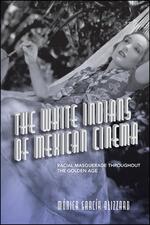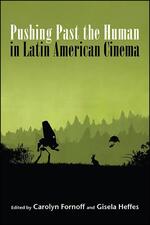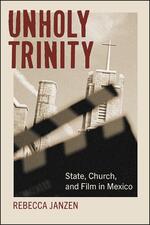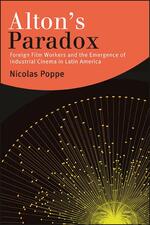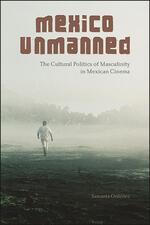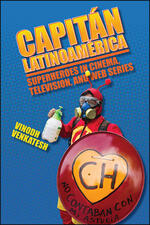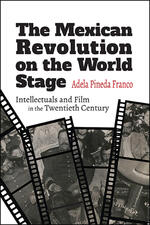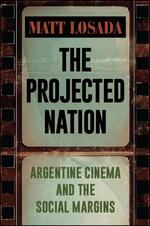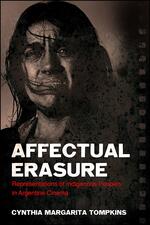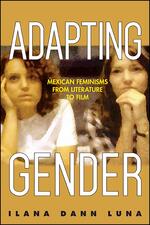SUNY series in Latin American Cinema
Brazilian Science Fiction Film
The first book-length account of Brazilian science fiction cinema.
Expanding Cinemas
Explores experimental cinema and alternative film formats from across the Luso-Hispanic Atlantic, from the 1960s to the present.
Bodies of Water
Explores how watery spaces provoke radical modes of screening queer corporeality in a diverse range of contemporary Latin American films.
Listening to Others
A collection of original essays and previously untranslated critical writings on the renowned Brazilian documentary filmmaker, Eduardo Coutinho.
Ana M. López
Brings together Ana M. López's field-defining essays on Latin American film and media in one indispensable volume.
Woman-Centered Brazilian Cinema
Illuminates the complex factors that have helped or hindered creative work by and about women in the twenty-first-century Brazilian film industry.
The White Indians of Mexican Cinema
Examines the filmic representation of Whiteness as Indigeneity and its role in mediating racial politics in Mexico.
Pushing Past the Human in Latin American Cinema
Sheds light on emergent Latin America cinema that addresses the politics of environmental destruction, the unevenness of climate change consequences, and new ways of visualizing the world beyond the human.
Unholy Trinity
Examines representations of religion in Mexican film from the Golden Age to the early twenty-first century.
Alton's Paradox
Uses extensive archival research to explore the manifold contributions of foreign film workers to emerging film industries in Latin America from the 1930s to early 1940s.
Mexico Unmanned
Demonstrates how transhistorical myths of masculinity are both perpetuated and challenged in recent Mexican cinema.
Capitán Latinoamérica
Analyzes contemporary superhero-themed cinema, television, and web series in Latin America.
Tastemakers and Tastemaking
Considers how and why taste persists in the analysis of Mexican film and television by looking at key figures and their impact on the curation of violence.
The Mexican Revolution on the World Stage
Explores the wide-ranging impact of the Mexican Revolution on global cinema and Western intellectual thought.
The Projected Nation
Investigates how Argentine cinema has represented rural spaces and urban margins from the 1910s to the present.
Affectual Erasure
Comprehensive examination of how Indigenous peoples have been represented in Argentine film.
Blood Circuits
Examines how recent Argentine horror films engage with the legacies of dictatorship and neoliberalism.
Adapting Gender
Demonstrates how film adaptations intersect with feminist discourse in neoliberal Mexico.

